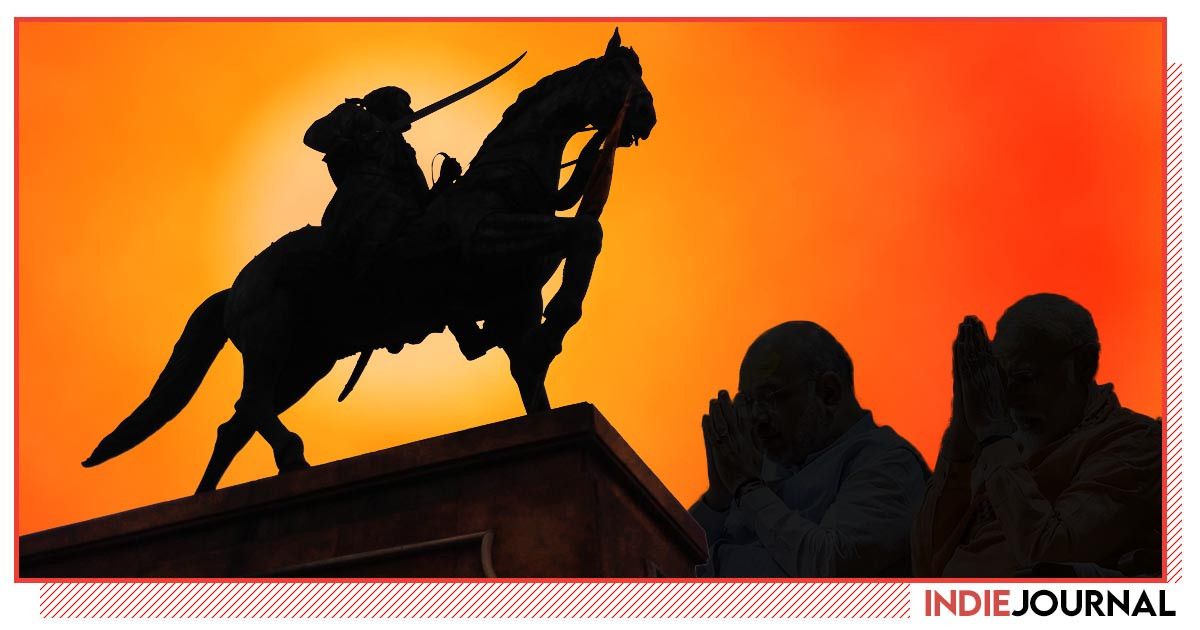Quick Reads
Film Review: First Man
Ambitious, romantic but deeply flawed

First Man is a film that falls in that ambiguous space between the detailed and yet deeply emotional stories on a personal level but deny a reflective space or narration to the social and political spaces in which that personal story is being lived and is inevitably affected by them. It is in essence, an ambitious, romantic and yet, deeply flawed depiction of the life and times of Neil Armstrong (Ryan Gosling), the ‘first man’ (roll credits) to keep foot on earth’s only natural satellite, Luna, or the Moon.
Alternating between IMAX and regular film aspects, the film tells the story of the space race between the Soviet Union and the United States, and the ensuing attempt to land a human on the Moon. The space race, as it is called, was the product of the intense rivalry between the USSR and the US, both trying to prove that their respective ideas of Socialism or Capitalism, are worth pursuing as the template of human futures.

The film, directed by Damien Chazelle, who’s earlier films include La La Land among others, does not waste much time in creating a build-up for the story and opens with a stunning scene where Neil Armstrong is piloting a test flight for NASA and established Neil as a resilient, calm and strong willed persona. The film is filled with such brilliant scenes where you have no option but to let your jaw drop to the floor in awe.
The cinematography by Linus Sandgren is an absolute pleasure to watch. The film has two styles embedded for camera movements, which go from a grainy, saturated, hand held, shaky camera like movement for the part where we are looking at the personal life of Armstrong, while shifting to a more steady and spectacle building wide frames in the launch and mission sequences. The revelations, the discoveries and the visual introductions are designed in a way that delivers the feelings as a visual experience.
The story, based on a book by James Hansen and screenplay by Josh Singer, is spread over almost a decade of developments at NASA and Armstrong’s personal life. Armstrong’s wife Janet (Claire Foy) is portrayed as a literal better half of the man that was Neil. The story, and the era in which the story is based, was so crucial and monumental, that it could rival the event of landing a man on the moon itself. Yet, the whole context of the story is surprisingly missing and instead we are made to focus on the Armstrong family alone, all other characters and incidents being just narrative aids in the process.

Still credit: Universal Studios.
And that, is the film’s main flaw. While it narrates almost everything that happened through the eyes and mind of Armstrong, it pulls out Armstrong from his surroundings and isolates him in a cage of bottled emotions. In an attempt to turn him into the archetype of the American Hero, the director fails to give us the sense of the times that he lived in and what was his reception of his surroundings. Instead, we just get a frustrated, alienated, righteous hero, turning an awe inspiring story of exploration and human effort, into that of an individual’s mission.
The film is also problematic in its political narration. It juxtaposes the achievements and sacrifices of the astronauts and pilots at NASA, with the anti-Vietnam war protests and Black empowerment movements which were at their peak in the same period, creating a sense of ridicule for the issues raised by the protesters. It makes one feel, that while these great men (Mostly white Americans) were looking at the moon, the black-hippie activist was angry about ‘mundane’ issues like water, food and racial discrimination. This, rather than creating a harmony between scientific progress and social progress, separates them and pits them against each other.
The background score uses elements and styles from the ‘space age’ era and is eerily beautiful at times. The depiction of the personal lives of these astronauts, who were testing and flying equipment that was unfamiliar, untested and rattly, shaky, putting their lives at risk every moment, is thorough and sensitive. Strong performances, technical finesse make the film a spectacle but the story could have been more inclusive. The film delivers as a biopic of Neil Armstrong the person, but in the end, leaves one wanting more for the story of Armstrong, the phenomenon that pushed humanity to cusp of a newer, heightened reality.
Overall, the film is an experience worth having, especially on IMAX screens. (with some additional historical reading and viewing suggested.)
Cast: Ryan Gosling, Claire Foy, Ciarán Hinds, Corey Stall
Direction: Damien Chazelle
Story: James Hansen, Josh Singer
Studio: Universal Studios





